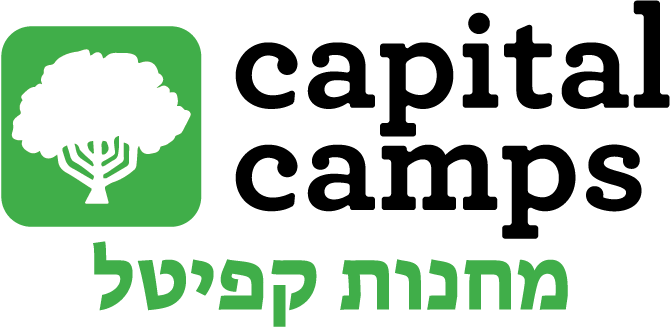During our Atzma’im (Inclusion) staff’s training week, we screened the Netflix documentary Crip Camp. The film highlights Camp Janed, a New York overnight camp for children with disabilities that was open from the 1950s to the 1970s. It tells the story of the camp’s alumni who banded together and led the Disability Rights movement, eventually leading to the passing of the Americans with Disabilities Act of 1990.
The disabled folks highlighted in this documentary speak about how their activism directly correlates to their time at Camp Janed. Before going to camp, they did not know that equitable treatment for the disabled community was something that was even possible. At Camp Janed, a utopia in which they served as valued members and leaders, they discovered that they could and should demand justice everywhere.
I showed this movie to our counselors in order to ground our work in a greater purpose – one that transcends our immediate camp bubble. Here, we show our campers that accessibility and inclusion are possible, and they can and should be demanded everywhere. In fact, not only is accessibility and inclusion possible, but I also find that it’s remarkably simple.
The basic idea of our inclusion model is that if a camper needs more support at camp than what is typically provided by our counselors, we designate a counselor in the cabin to be their “go-to” person. That counselor is trained on how to meet their needs and provide both proactive and responsive support. This model ensures that campers receive the advocacy and support that they need while also allowing for their full integration into a cabin with their peers. To us here at camp, it’s such an obvious way to create an inclusive community; we cannot imagine a world in which this Atzma’im support model would not exist.
Unfortunately, the rest of the world has not caught up to the Jewish sleepaway camp way. This is where that larger mission comes in. When you send your children to camp, you are allowing them to be part of a community where there’s never any question that all are welcome, all are supported, and all are accepted. As they go out into the world, they are going to experience spaces where this is not a simple fact. But having seen how true inclusion is possible at camp, hopefully, they will begin to raise questions. Why are we excluding people who have a right to be an equal part of society? Why are we pushing away people who would enhance our community? Why can’t we do what we do at camp everywhere?
Our campers will now understand that the way we do inclusion here at camp should be the standard, and they will serve as allies and advocates within their communities outside of camp. We often say at camp that we are “in the business of making mensches”. I also believe that we are in the business of making advocates. I couldn’t ask to be a part of a better business.
Hannah Stoller
Atzma’im Coordinator
